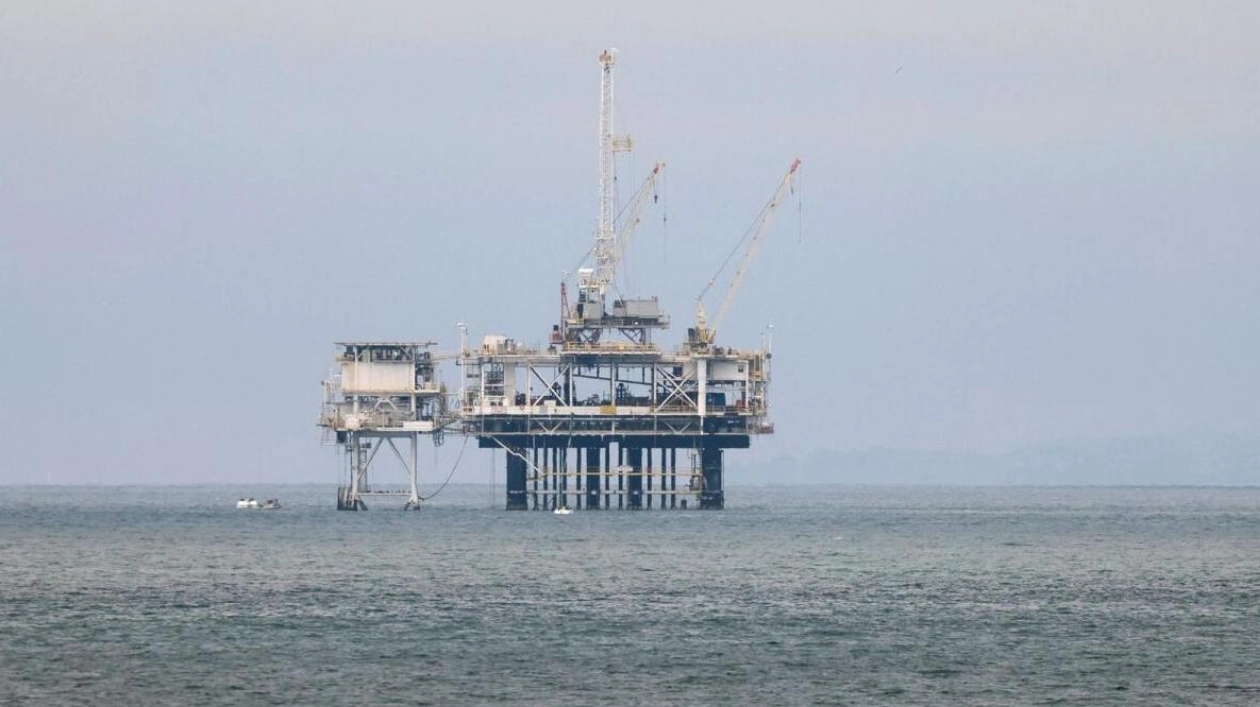Oil prices experienced a decline on Monday following a four-week rise, as the possibility of a ceasefire agreement in Gaza reduced geopolitical tensions in the Middle East. Simultaneously, investors evaluated the potential impact of Tropical Storm Beryl on U.S. energy supplies. Brent crude futures decreased by 36 cents, or 0.4%, to $86.18 per barrel at 0646 GMT, while U.S. West Texas Intermediate crude fell by 45 cents, or 0.5%, to $82.71 per barrel.
Negotiations regarding a U.S.-backed ceasefire plan to end the nine-month conflict in Gaza are ongoing, facilitated by Qatar and Egypt. According to IG analyst Tony Sycamore in Sydney, "If the ceasefire talks yield any concrete results, it will temporarily reduce the geopolitical demand in the market."
To prepare for Hurricane Beryl, ports in Corpus Christi, Houston, Galveston, Freeport, and Texas City were closed on Sunday. The hurricane is anticipated to make landfall along the Texas coast between Galveston and Corpus Christi later on Monday. These port closures could temporarily halt crude and liquefied natural gas exports, oil shipments to refineries, and motor fuel deliveries from these facilities.
ING analysts, led by Warren Patterson, noted in a report, "While this poses a risk to offshore oil and gas production, the main concern when the storm hits is the potential damage to refinery infrastructure." Any significant disruptions to refinery operations in Texas are likely to support refined product prices.
Sycamore also highlighted the possibility of U.S. data indicating another substantial weekly decline in oil inventories during the peak driving season, which would support oil prices. Last week, WTI increased by 2.1% following data from the Energy Information Administration showing a decrease in crude and refined product stockpiles for the week ending June 28.
Sycamore added, "WTI has performed exceptionally well, having risen 15% from the early June low," and noted that the benchmark could face strong resistance between $85.50 and $87.50 based on technical charts. According to Baker Hughes' weekly report on Friday, the number of operating oil rigs in the U.S. remained unchanged at 479, the lowest since December 2021.
Oil prices received additional support last week from expectations of interest rate cuts, following U.S. data showing easing inflation and slowing job growth. Lower interest rates can stimulate economic activity and increase demand for crude oil. Investors were also monitoring the potential effects of recent elections in the UK, France, and Iran on geopolitics and energy policies.
In France, the elections resulted in a hung parliament, potentially leading to political deadlock. Meanwhile, Iran elected Masoud Pezeshkian as their new president, a moderate candidate who defeated a hard-line rival.






